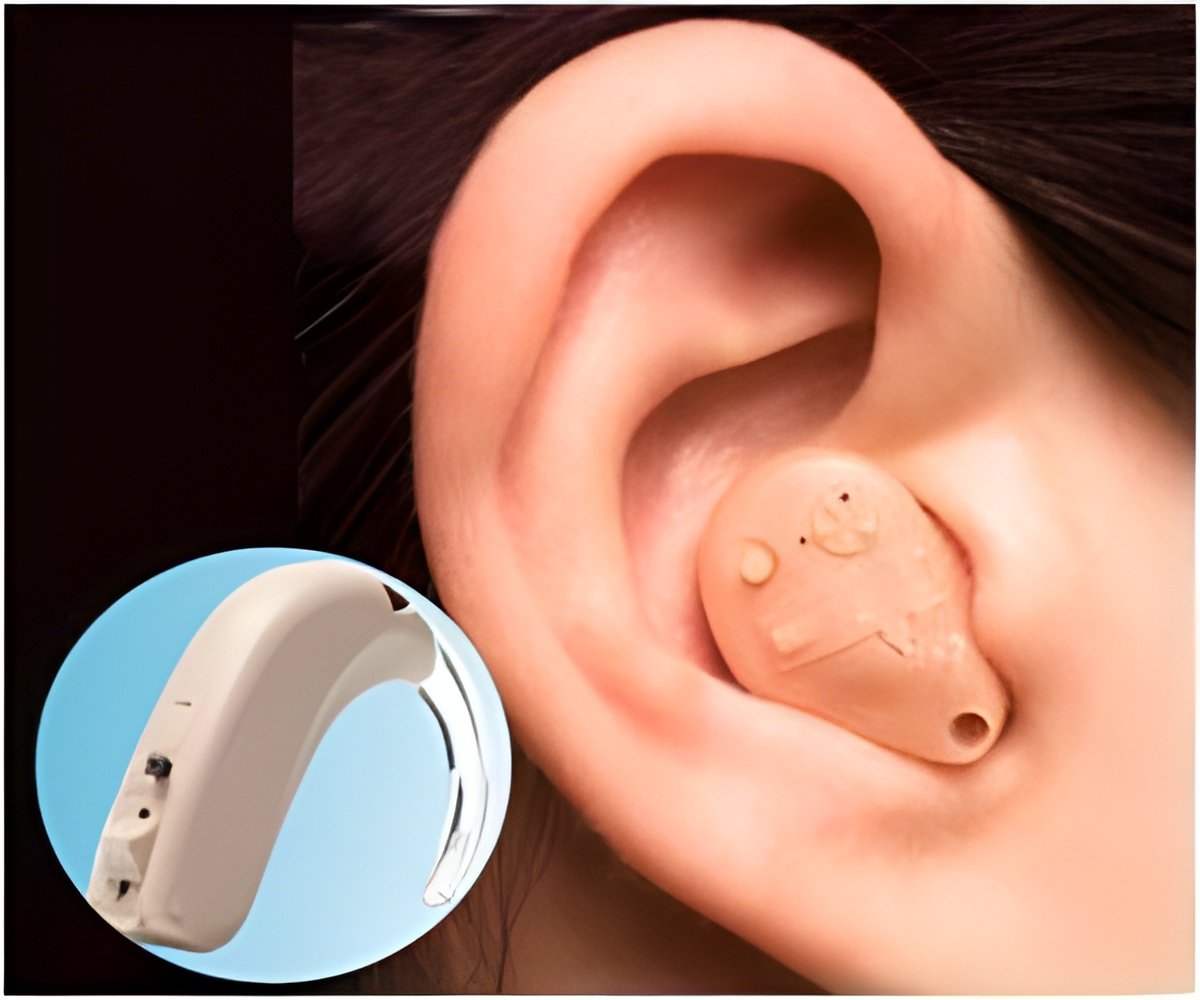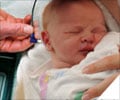While an approximate 26.7 million Americans of age 50 and older have hearing loss, only about one out of seven use a hearing aid, reveals a new study led by Johns Hopkins researchers.

"Understanding current rates of hearing loss treatment is important, as evidence is beginning to surface that hearing loss is associated with poorer cognitive functioning and the risk of dementia," says study senior investigator, otologist and epidemiologist Frank Lin, M.D., Ph.D. "Previous studies that have attempted to estimate hearing aid use have relied on industry marketing data or focused on specific groups that don't represent a true sample of the United States population," adds Lin, an assistant professor at the Johns Hopkins University School of Medicine and the university's Bloomberg School of Public Health.
To address the data gap, Lin and Wade Chien, M.D., also an assistant professor at Johns Hopkins, used data from the 1999-2006 cycles of the National Health and Nutrition Examination Survey, a research program that has periodically gathered health information from thousands of Americans since 1971. During those cycles, participants answered questions about whether they used a hearing aid and had their hearing tested.
Their new findings, to be published in the Archives of Internal Medicine online Feb. 13, showed that only about one in seven individuals age 50 or older – 14 percent – use hearing aids. Although hearing aid use rose with age, ranging from 4.3 percent in individuals 50 to 59 years old to 22.1 percent in those 80 and older. Overall, another 23 million could possibly benefit from using the devices, says Lin.
Lin says many with hearing loss likely avoid their use, in part, because health insurance often does not cover the costs and because people do not receive the needed rehabilitative training to learn how to integrate the devices into their daily lives. But another major reason, he says, is that people often consider hearing loss inevitable and of minor concern.
"There's still a perception among the public and many medical professionals that hearing loss is an inconsequential part of the aging process and you can't do anything about it," says Lin. "We want to turn that idea around."
Advertisement
Source-Eurekalert















